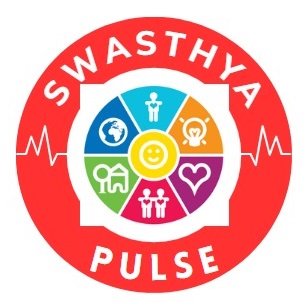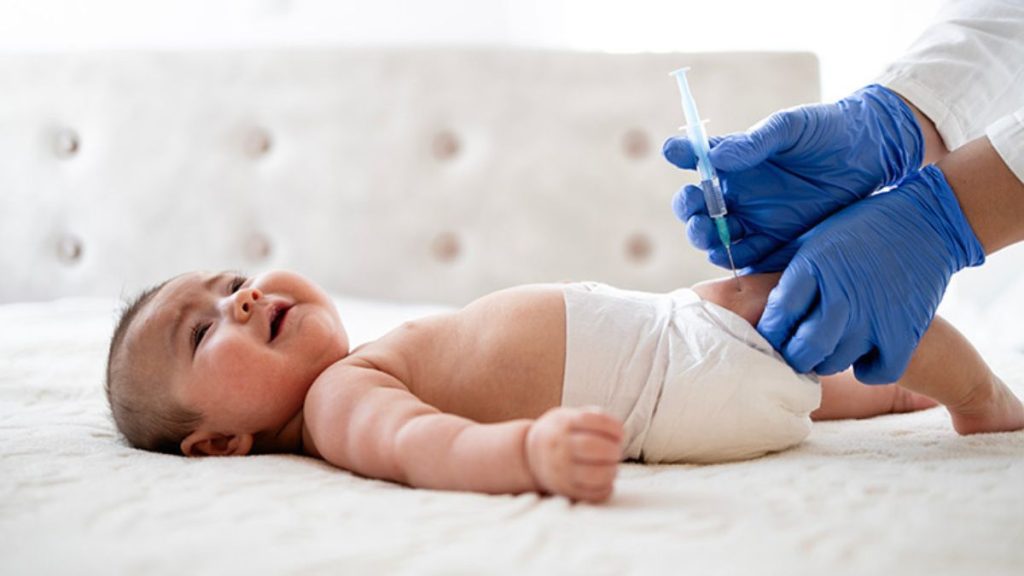In its first official guidance on infant immunisation products, the WHO has recommended the use of maternal RSV vaccines and long-acting monoclonal antibodies (mAbs) to protect infants from severe respiratory syncytial virus (RSV) infection.
What is RSV?
According to the Cleveland Clinic, Respiratory Syncytial Virus (RSV) is a common viral infection that affects the respiratory system. It can infect people of all ages, including infants, children, and adults.
Globally, RSV is a major cause of illness in young children, leading to an estimated 100,000 deaths and over 3.6 million hospitalisations annually in children under five. Alarmingly, nearly half of these deaths occur in infants younger than six months, as reported by the World Health Organization (WHO).
Symptoms:
RSV typically presents symptoms similar to a common cold—such as a runny nose, cough, and fever. However, in some cases, especially in infants, young children, older adults, and individuals with weakened immune systems or chronic conditions, it can lead to severe complications like pneumonia and bronchiolitis.
WHO Recommendations on RSV Immunisation
The WHO position paper recommends two immunisation options to protect infants from RSV:
RSVpreF vaccine – administered to pregnant women in their third trimester, starting from the 28th week of pregnancy, to ensure the effective transfer of antibodies to the baby before birth.
Nirsevimab, a long-acting monoclonal antibody – given directly to infants as a single injection. This provides protection within one week of administration and lasts for at least five months.
The WHO advises that nirsevimab should ideally be given at birth or before hospital discharge. If that’s not possible, it can be administered during the infant’s first routine health check-up, especially before or during the RSV season.


